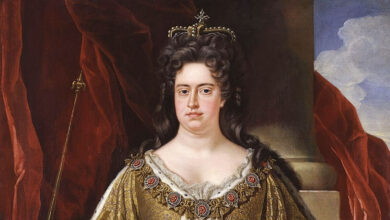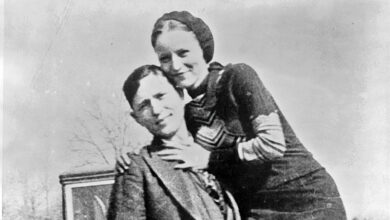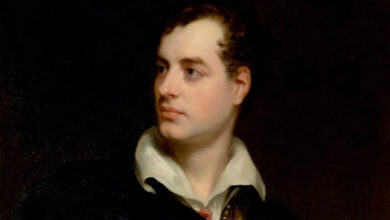Masquerade and Murder: The Assassination of King Gustav III
In the annals of Swedish history, King Gustav III’s assassination is a stark reminder of the perils of political intrigue and the volatility of royal courts. On the night of March 16, 1792, during a masquerade ball at the Royal Opera House in Stockholm, the king was shot by a masked assailant. This event not only ended the life of a controversial monarch but also marked a pivotal moment in Swedish history, signalling the end of an era and the beginning of a period of significant change.
King Gustav III, often remembered for his autocratic rule and efforts to reassert royal power, was a polarizing figure. His reign, which began in 1771, was characterized by ambitious reforms aimed at strengthening the monarchy and reducing the power of the nobility. He was a patron of the arts and an advocate for Enlightenment ideals. Yet, his policies, particularly his foreign adventures and the suppression of political freedoms, drew criticism and made him numerous enemies.
The assassination plot was hatched by a group of high-ranking nobles opposed to Gustav’s absolutist ambitions. At the heart of the conspiracy was Captain Jacob Johan Anckarström, a former military officer and a member of the Swedish nobility who harboured a deep resentment towards the king. Disguised behind the anonymity of a masquerade mask, Anckarström seized the opportunity to fire a shot at the king’s back, inflicting a wound that would prove fatal.
The aftermath of the shooting was marked by chaos and confusion. Gustav III, despite being gravely injured, maintained his composure and was able to speak to those around him, famously forgiving his attacker before he even knew who it was. The king survived for nearly two weeks before succumbing to his injuries on March 29, 1792. Anckarström was later arrested, along with several co-conspirators, and after a trial, he was executed for regicide.
The assassination of Gustav III had profound implications for Sweden. It effectively ended any further attempts to strengthen royal authority, leading to the adoption of a new, more liberal constitution that curtailed the monarchy’s powers. The event also left an indelible mark on Swedish culture, inspiring numerous works of art, literature, and even an opera by Giuseppe Verdi, “Un Ballo in Maschera” (A Masked Ball), which though heavily fictionalized, is rooted in the story of Gustav’s assassination.
Today, the assassination of King Gustav III is remembered not just as the tragic end of a monarch but as a critical juncture in Swedish history that set the stage for modern democracy in the nation. It is a cautionary tale about the dangers of political extremism and the costs of power.
As we look back on the events of March 16, 1792, we are reminded of the complex legacy of King Gustav III—a ruler whose vision for a stronger Sweden was cut short by the very divisions he sought to overcome.





